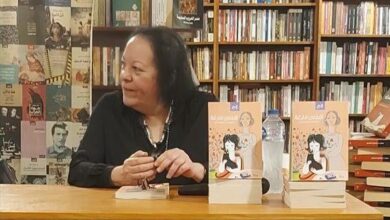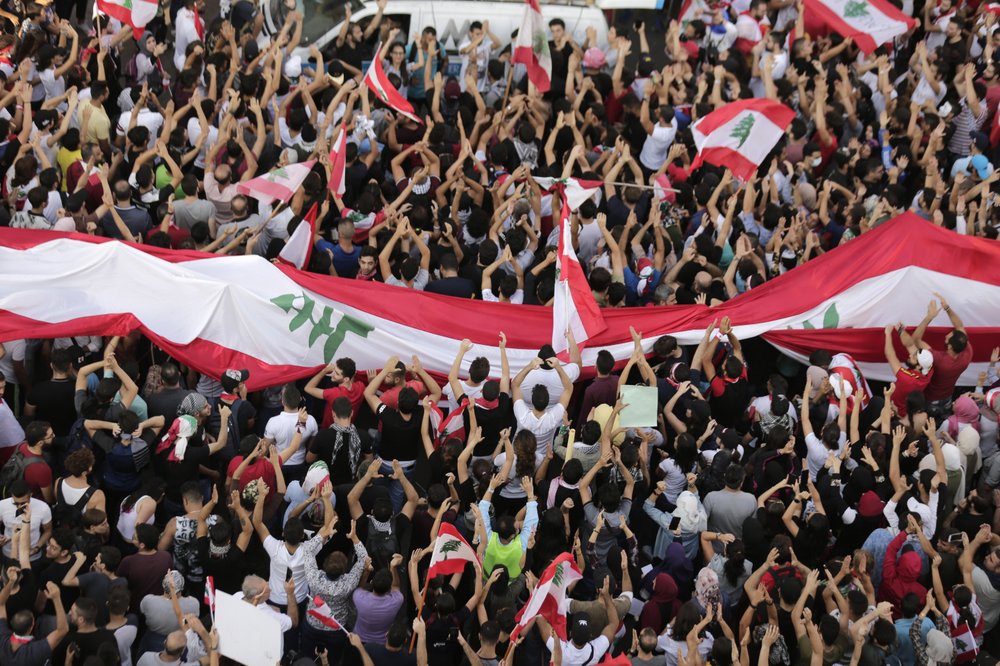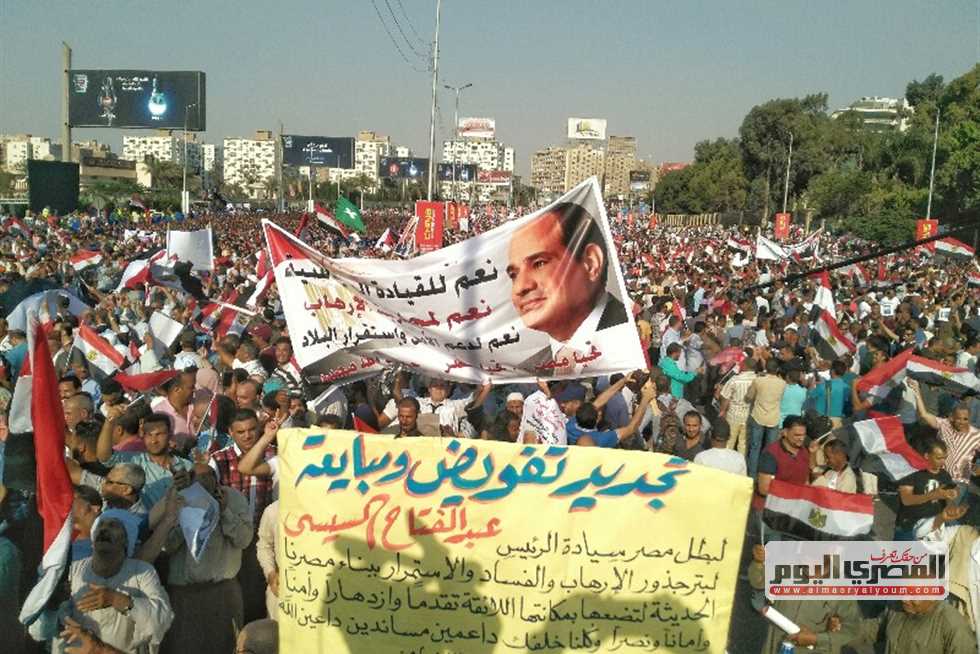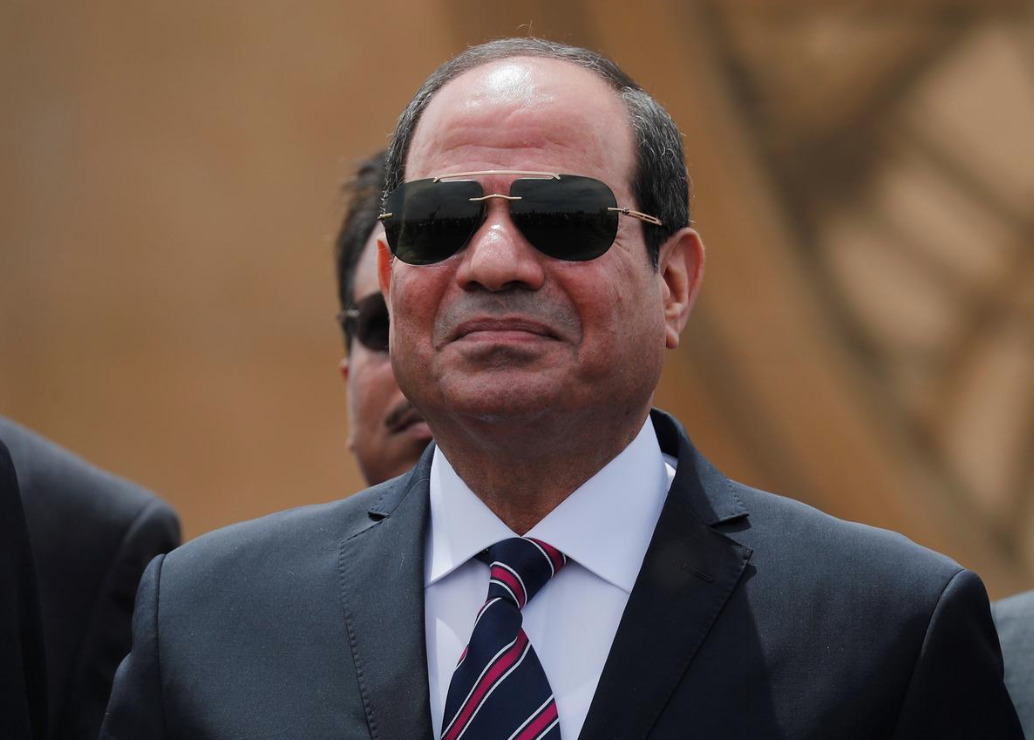A number of books that were published decades before the 2011 revolution seem to speak directly to Egypt’s current situation. Waguih Ghali’s “Beer in the Snooker Club” (1964) and Naguib Mahfouz’s “Harafish” (1977) are important reads that address how a revolution can be degraded or lost.
Khairy Shalaby’s “The Hashish Waiter” (2002), translated by Adam Talib and released by AUC Press earlier this year, also sheds fresh light on Egypt’s political situation. The novel is particularly timely for its look at the fraught relationship between Egypt's people and its foreign policy.
“The Hashish Waiter” is set around the 1978 Camp David Accords, which spawned the Egypt-Israeli peace treaty in 1979. In 1978, the novel’s main characters meet regularly in a downtown hash den. The book explores the limits of their freedom in an Egypt colonized both by internal and external forces.
The narrator is a writer, but the book’s main character is Rowdy Salih, the titular “hashish waiter.” Salih is, in some ways, the archetype of a pre-25 January “free” Egyptian. He is a hash smoker, submits to no one, sleeps and eats when he likes, works hard when he chooses, and some days doesn’t work at all. He’s called a thug by some and a man of conscience by others. For much of the book, Salih represents the spirit of liberation all the main characters desire.
But Salih’s freedom is incomplete. He was born and raised in poverty and failed to attain an education. His father was a Farouk-era policeman who didn’t bring home much by way of enlightenment or money. At one point, it seemed that Salih might have a bright future. The children were near starvation, but Salih’s mother saved them with a job, cleaning the house for a wealthy lawyer. This man saw something special in Salih.
Salih’s father, meanwhile, continued to devote himself to the Farouk-era Camel Corps. He and the other riders were often employed to suppress protests. Salih’s father, of course, isn’t all bad: “No one would deny that the Camel Corps were good guys when they weren’t using their whips to carry out government orders….”
But, in what now reads like an echo of February’s “Battle of the Camels”, Salih’s father rides out and damages the hopes both of his son and of his nation. Salih’s patron is out in the streets protesting against Farouk and his British overseers. The Camel Corps attacks, and Salih’s father whips the lawyer nearly to death.
Salih’s bright prospects are thwarted several more times. At one point, he marries a beautiful woman he meets in Sudan. But victory is snatched away: The woman turns out to be his aunt. After a number of such defeats, Salih decides to throw off social constraints entirely. “My problem is,” Salih says, “there’s no counting the number of people who want to control me.”
But his quest for freedom – or escape – is only tolerated until he speaks his mind to power. Everything comes crashing down at the moment of Anwar Sadat’s handshake with Israel. This is a time when everyone is supposed to say something nice about Israel or not say anything at all, and Salih boils over: “You’ve been screwing us for twenty-five years talking about the Revolution, liberating our land, Crisis in Palestine. Ha ha ha! Get in! They think we’re going to buy it.”
The police arrest and beat Salih as he shouts, “Who told him to go make peace with Israel?”
After Salih is arrested, his friends try to track his whereabouts in the prison system. They have strange, near-fantastical access to the system, but, despite their connections, they can’t find him. When Salih finally returns – or is returned – he is dead. After this, the hash dens are shut down “in preparation for drowning the country in a flood of cocaine, heroin, pills, and Maxitone Forte syringes.”
“The best died down, while the worst rose up,” the narrator says. Salih becomes just an echo of himself, a part played by an actor representing Salih on TV. There is no more freedom, or even proper escape – just the televised illusion of freedom. After this comes the new era of suffocation and darkness.
The English translation of “The Hashish Waiter” is lively, although it sometimes runs into difficult ground when it confronts Salih’s colloquial landscape and speech. For instance, “denatured alcohol” (sbirtu, in the original) will send even a fluent English reader running to Wikipedia, and the phrase “get in,” used a number of times, doesn’t quite ring true.
Nonetheless, “The Hashish Waiter” provides an entertaining read as well as a new-old lens on life in contemporary Egypt. Real freedom, the book’s characters seem to say, will come when characters like Salih get an education, can assemble to protest, receive fair and transparent justice, and can have a real affect on their nation’s foreign policy.




